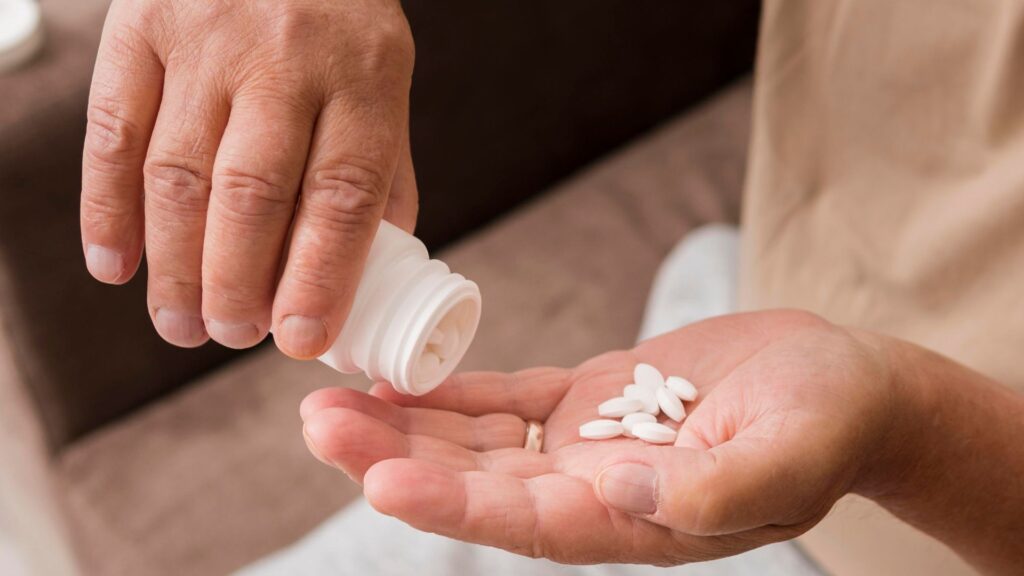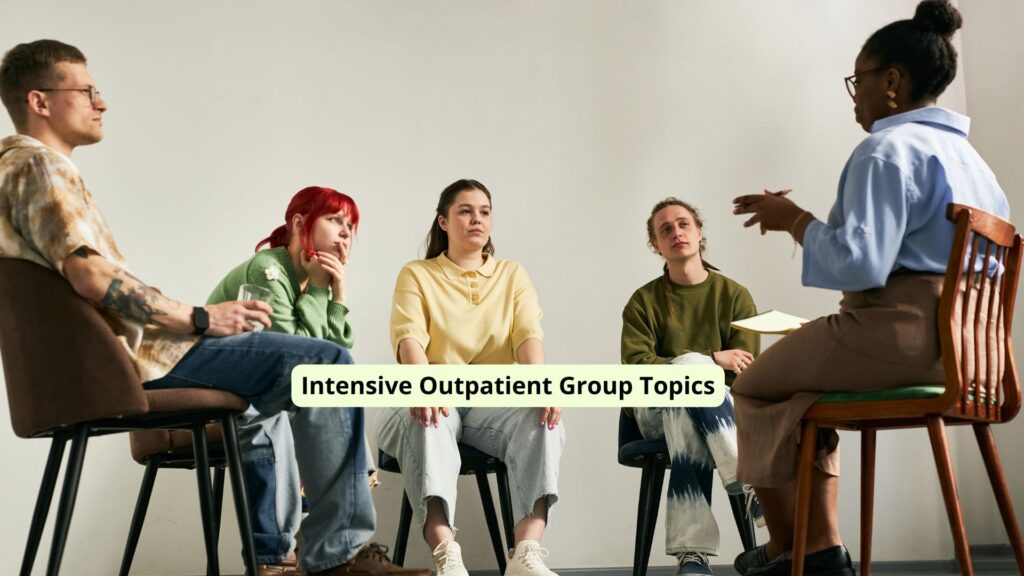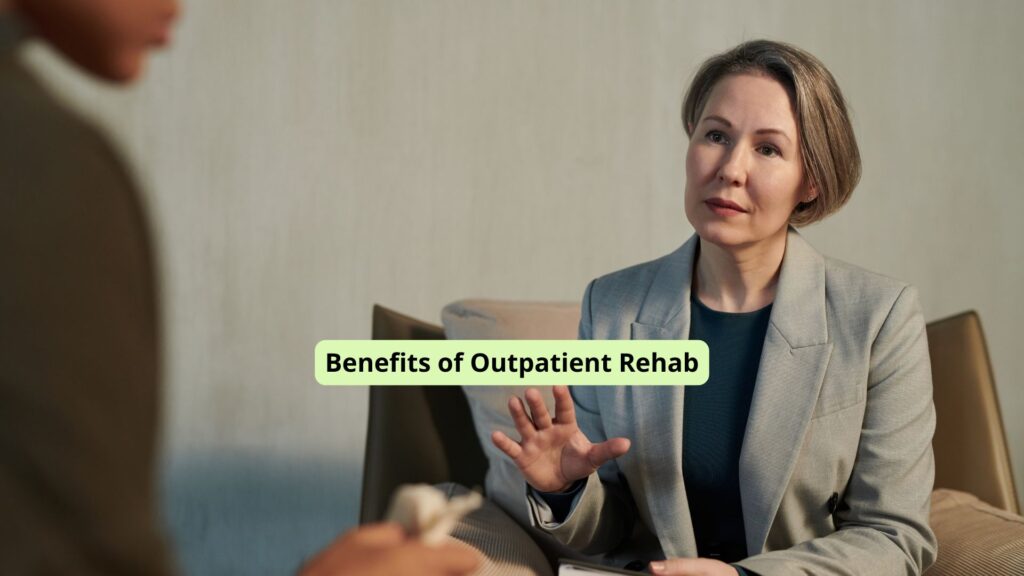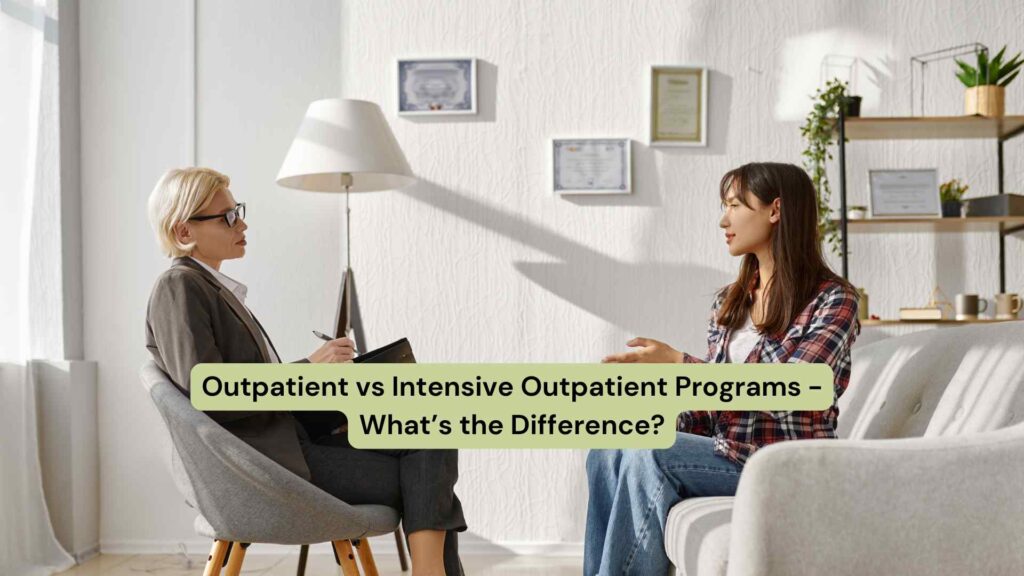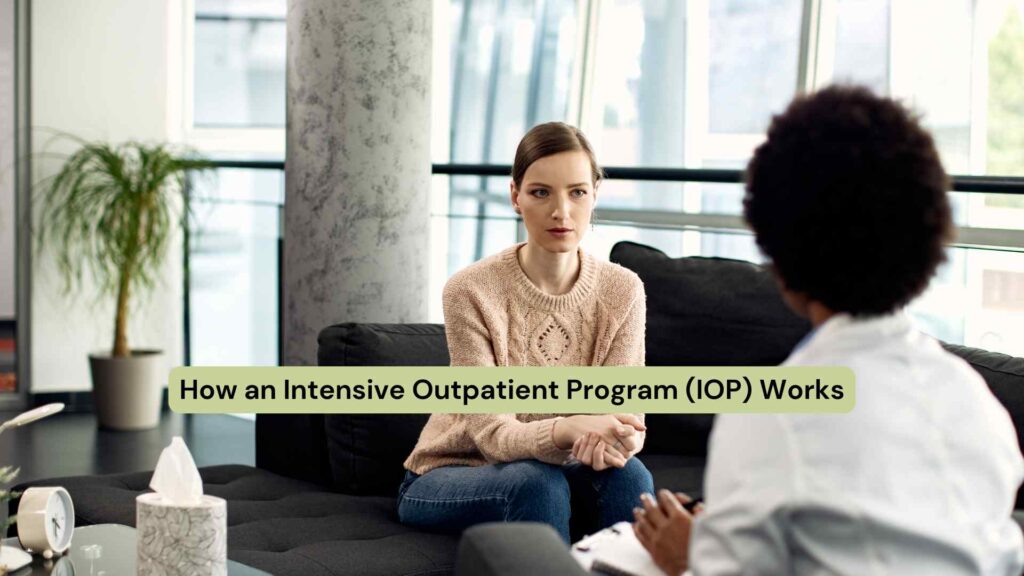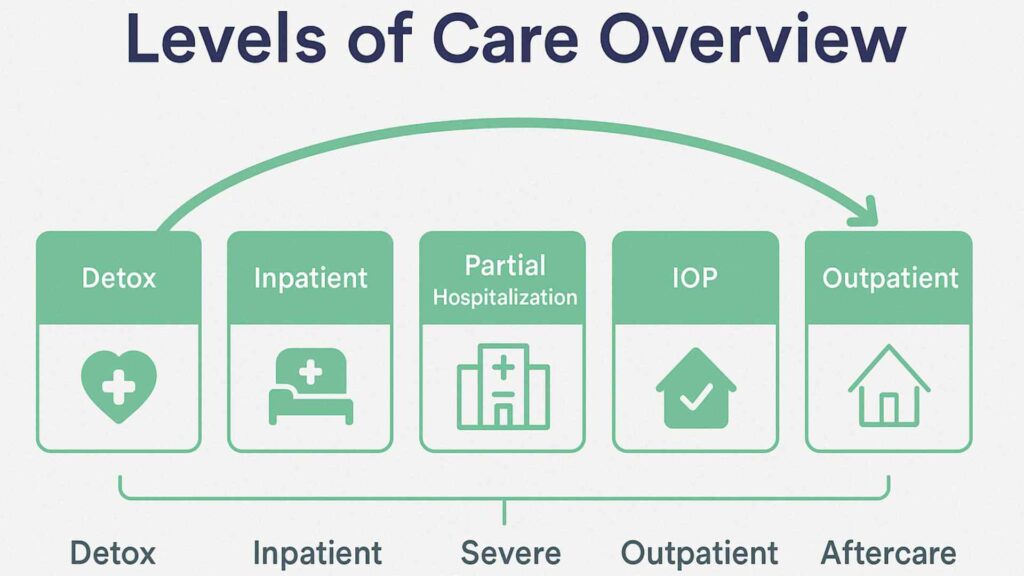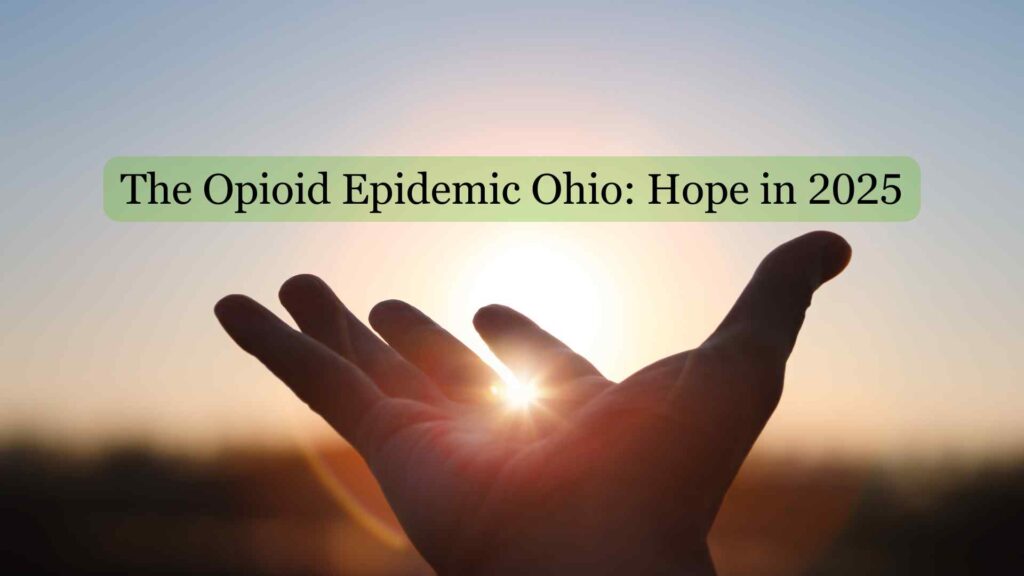Building a meaningful life after overcoming substance use often involves rediscovering purpose, connection, and self-worth. One powerful way to do this is through community service. Giving back not only helps others but also strengthens personal growth, accountability, and emotional stability.
In this article, we’ll explore the benefits of volunteering during and after treatment, how it helps maintain long-term wellness, and practical steps to get started.
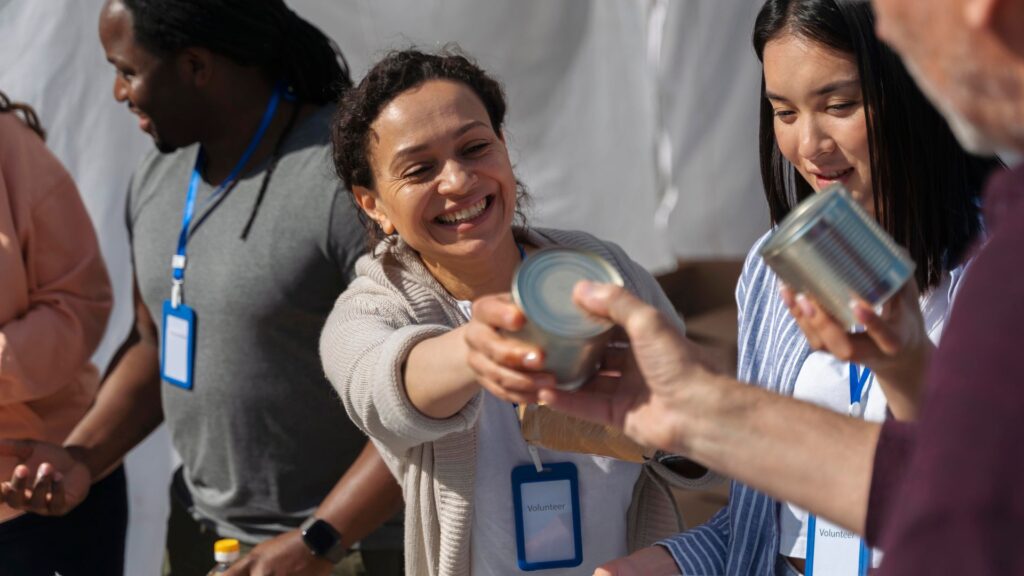
The Role of Purpose in Healing
One of the most powerful aspects of volunteering is the sense of purpose it creates, especially for those adjusting after treatment when routines and identities are being rebuilt. People in recovery experience a void in their daily routine or a struggle to redefine their identity outside of addiction. Contributing time and energy to meaningful causes helps fill that gap. It reminds people that they are capable of making a difference, which boosts self-esteem and strengthens motivation to stay on a positive path.
Having purpose is not just emotionally satisfying, as it also has measurable effects on mental health. Research shows that individuals engaged in meaningful community work experience lower levels of depression and anxiety. It creates structure and accountability, which are essential components in maintaining a healthy and balanced lifestyle after care.
Many individuals continue to find purpose by volunteering through alumni programs offered by their treatment center, where they mentor peers and stay connected to the recovery community while giving back in meaningful ways.
Building Healthy Connections
Overcoming social isolation remains one of the most significant challenges to achieving long-term wellness, as disconnection from others often undermines emotional stability and progress. Community service opens doors to build new, healthy relationships with others who share positive goals. These social connections provide emotional support and can reduce the risk of returning to old habits. Being surrounded by people who share the same sense of purpose becomes a consistent source of encouragement and accountability.
Acts of service help rebuild trust and confidence in relationships. Many people working toward sobriety are reconnecting with family and community ties that were strained during addiction. Giving time and effort to help others demonstrates reliability, compassion, and change, qualities that can mend relationships and strengthen social bonds over time. Whether it’s helping at a food drive or mentoring youth, every contribution plays a role in restoring both personal and communal harmony.
Emotional and Physical Benefits
Volunteering enhances both emotional and physical health by creating balance, purpose, and a sense of gratitude that supports lasting well-being. It fosters gratitude and empathy while strengthening coping skills learned during treatment that provide healthy outlets for stress and emotional regulation. Helping others can also reduce stress by shifting focus away from personal struggles and toward positive impact. This mindset promotes resilience and reduces negative thinking patterns that may trigger unhealthy behaviors.
From a physical perspective, engaging in community activities can be highly beneficial, as it encourages movement, improves energy, and promotes overall vitality. Many activities involve movement, such as community cleanups or helping in local shelters, which contribute to better physical health. The routine of volunteering also improves sleep patterns, encourages time management, and enhances overall well-being. As time passes, these small changes can make a big difference in sustaining progress after treatment.
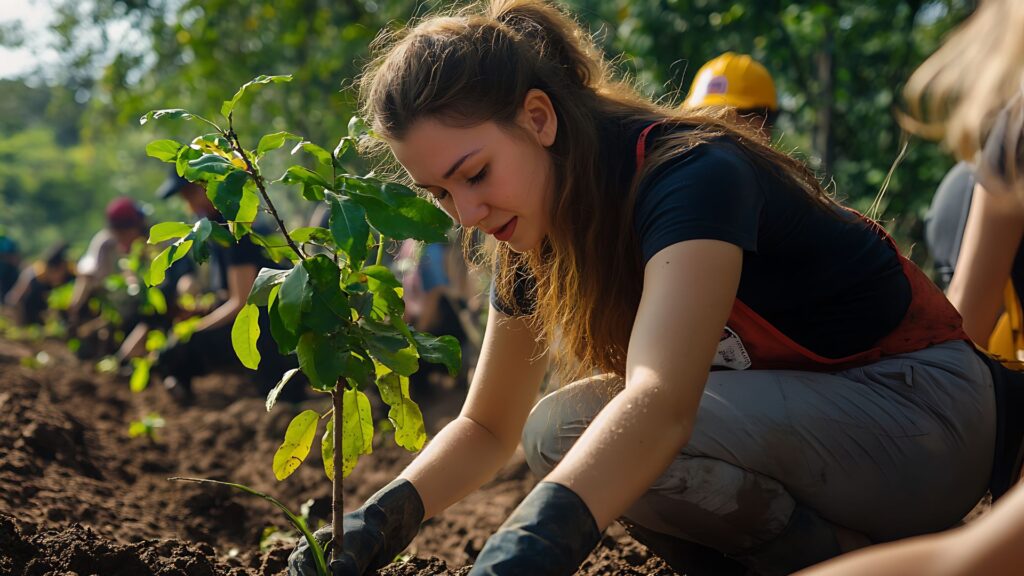
Finding the Right Volunteer Opportunity
Choosing the right way to contribute is key to making the experience meaningful and sustainable. Start by identifying causes that align with your values or personal experiences, as this connection helps maintain motivation over time. For example, those who have overcome substance use might find fulfillment in helping others who are facing similar challenges, whether through peer mentorship, outreach programs, or alumni initiatives at their former treatment centers. Local nonprofits, faith-based organizations, and community centers also welcome people eager to contribute in ways that make a tangible impact.
When beginning this process, it’s best to commit to a manageable schedule that allows for consistency without creating pressure. Showing up regularly builds trust and reinforces stability and commitment, while realistic boundaries ensure balance between giving and self-care. These acts of service should enhance your sense of purpose rather than become overwhelming. Discussing possible opportunities with a counselor, alumni program coordinator, or support group can help you find the best fit for your goals and strengths.
Overcoming Barriers to Getting Started
It’s normal to feel hesitant about taking on a new responsibility, especially early in the healing process. Some may worry about rejection, time commitment, or emotional strain. However, most organizations welcome individuals who are committed to making a difference, regardless of their past.
Begin with small, manageable steps. Attend one event, volunteer for a single shift, or shadow a current participant. As comfort grows, it becomes easier to take on more responsibility. The key is consistency, not perfection, as every act of service, no matter how small, supports relapse prevention by strengthening confidence and building a renewed sense of purpose.
For those facing obstacles like limited transportation or scheduling conflicts, exploring local or virtual opportunities can make participation more accessible. Online mentorship programs and community outreach initiatives offer flexible participation from home, accommodating individuals who balance treatment, work, or family commitments.
Final Thoughts from Abundance Treatment
Volunteering offers a path toward healing, purpose, and growth. Giving time and compassion to others allows individuals to not only support their communities but also nurture their own emotional strength and stability. Acts of service remind us that progress is not only about personal gain but also about contributing to something larger than ourselves.
At Abundance Treatment, we understand how community involvement can play a vital role in sustained wellness. Our alumni program in Toledo, OH, encourages meaningful engagement, structure, and purpose for individuals rebuilding their lives after addiction. Through therapy, education, and alumni support, we help clients rediscover confidence and create balanced, fulfilling futures.



